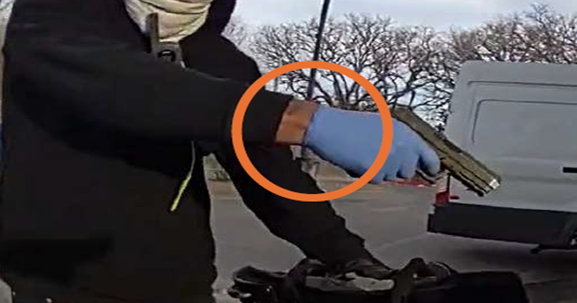Texas accuses Google of collecting people's facial and voice data without their consent
Texas is suing Google, claiming the internet company illegally collects facial and voice-recognition data on millions of residents of the state without their consent.
Google, which is owned by Alphabet, is violating a state consumer protection law that requires people both be informed and grant their consent before their biometric information may be collected, Texas Attorney General Ken Paxton said Thursday in announcing the lawsuit.
Google has stored voice prints and facial records through products including Google Assistant and Google Photos, the latter of which analyzes facial features to sort and group images, according to the complaint, which was filed in district court in Midland County.
"Google has now spent years unlawfully capturing the faces and voices of both non-consenting users and non-users throughout Texas — including our children and grandparents, who simply have no idea that their biometric information is being mined for profit by a global corporation," the suit states.
Google dismissed the allegations and vowed to defend itself in court, telling CBS MoneyWatch in an email that Paxton is "mischaracterizing our products in another breathless lawsuit."
"Google Photos helps you organize pictures of people, by grouping similar faces, so you can easily find old photos. Of course, this is only visible to you, you can easily turn off this feature if you choose and we do not use photos or videos in Google Photos for advertising purposes," an Alphabet spokesperson said. "The same is true for Voice Match and Face Match on Nest Hub Max, which are off-by-default features that give users the option to let Google Assistant recognize their voice or face to show their information."
- New Google tool lets users request excluding search results containing private info
- Google will stop letting advertisers track users across the open internet
- Why data privacy is a concern in the wake of Roe v. Wade reversal
Texas is among a small number of U.S. states to pass biometric privacy laws that prohibit capturing personal identifiers for commercial use without first getting an individual's consent.
Google earlier this month agreed to pay the state of Arizona $85 million to settle a 2020 lawsuit that alleged it had misled users by recording their locations even after users attempted to switch off the geo-tracking setting on their smartphone. The company used the location information to sell billions of dollars in advertising, Arizona said. Google denied any wrongdoing.



